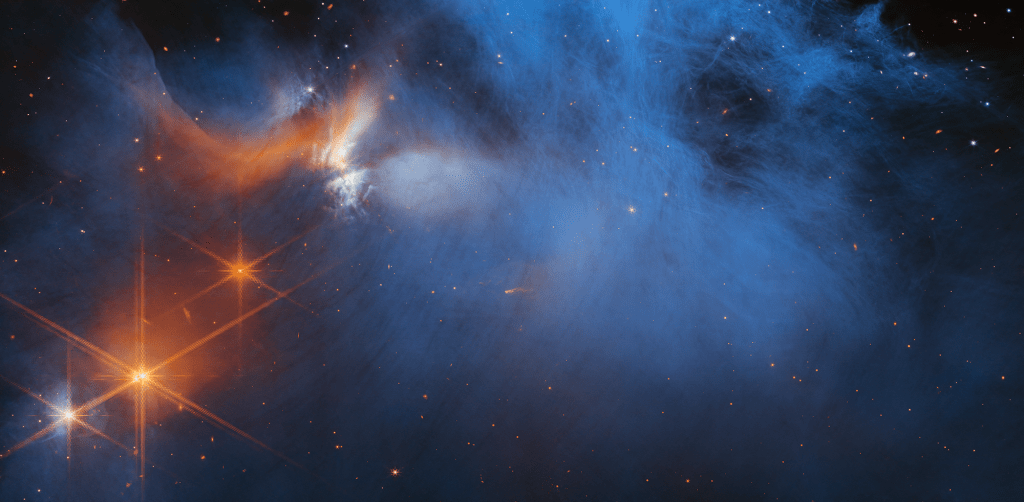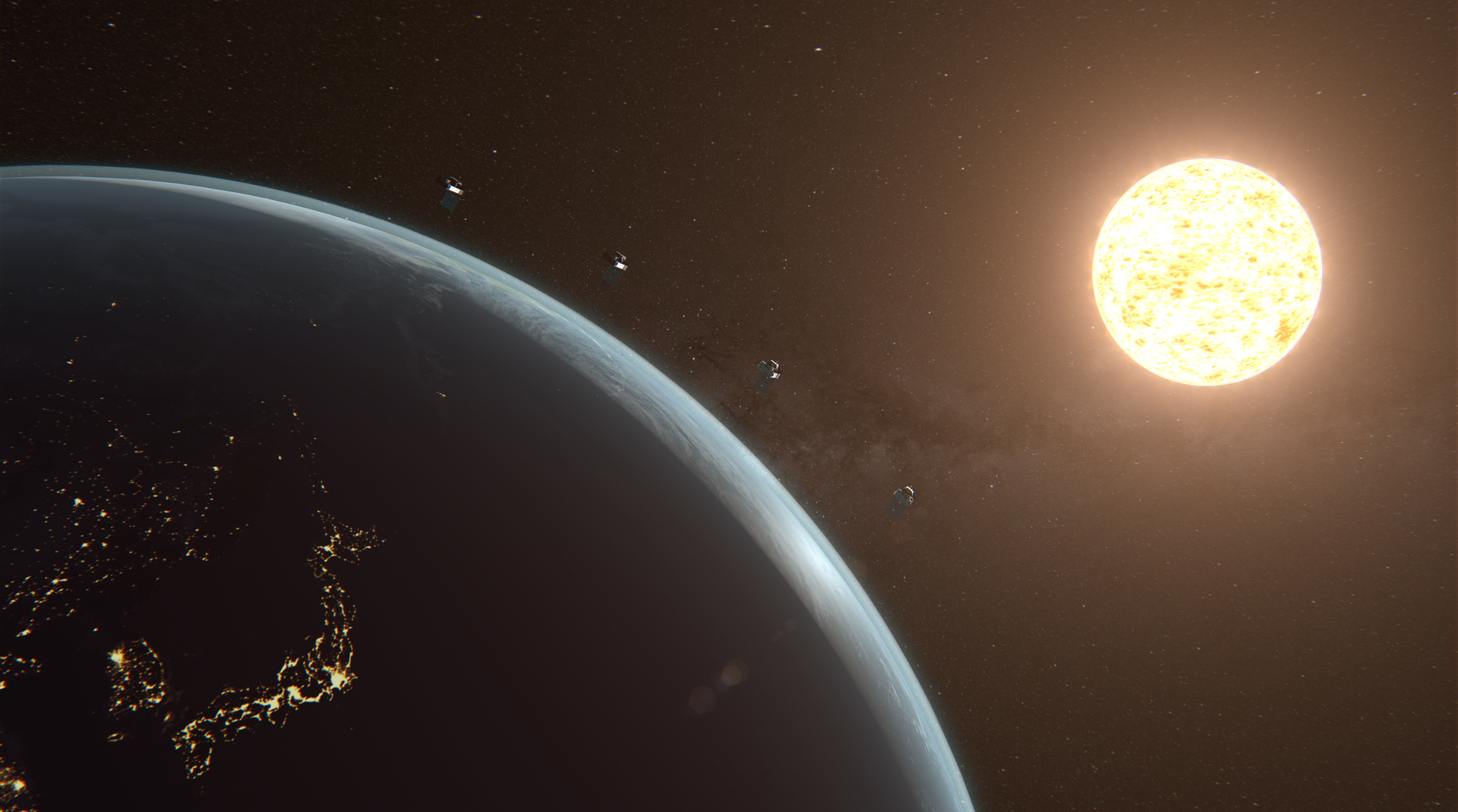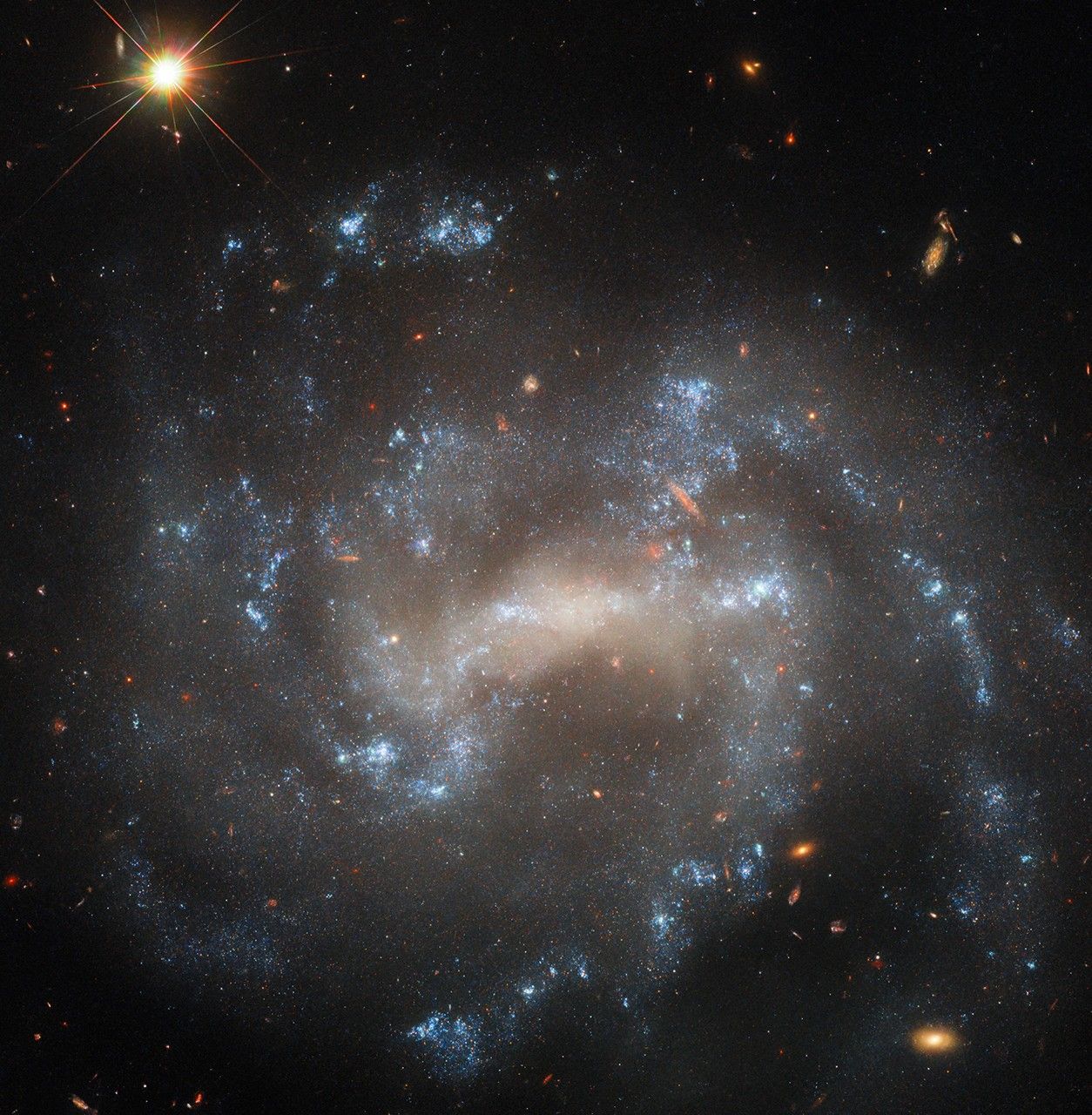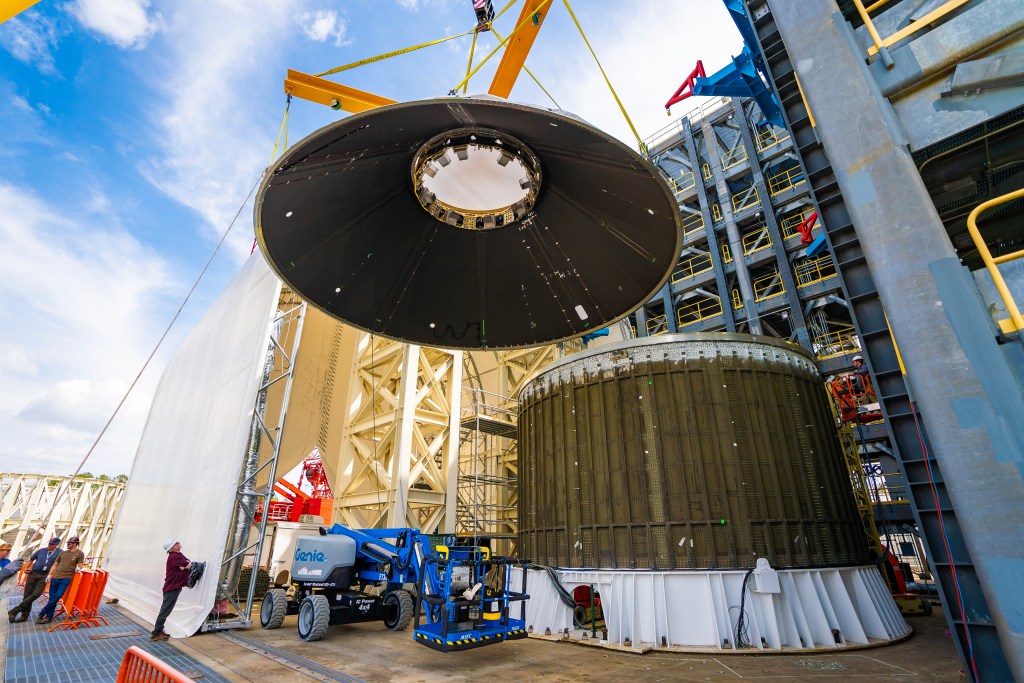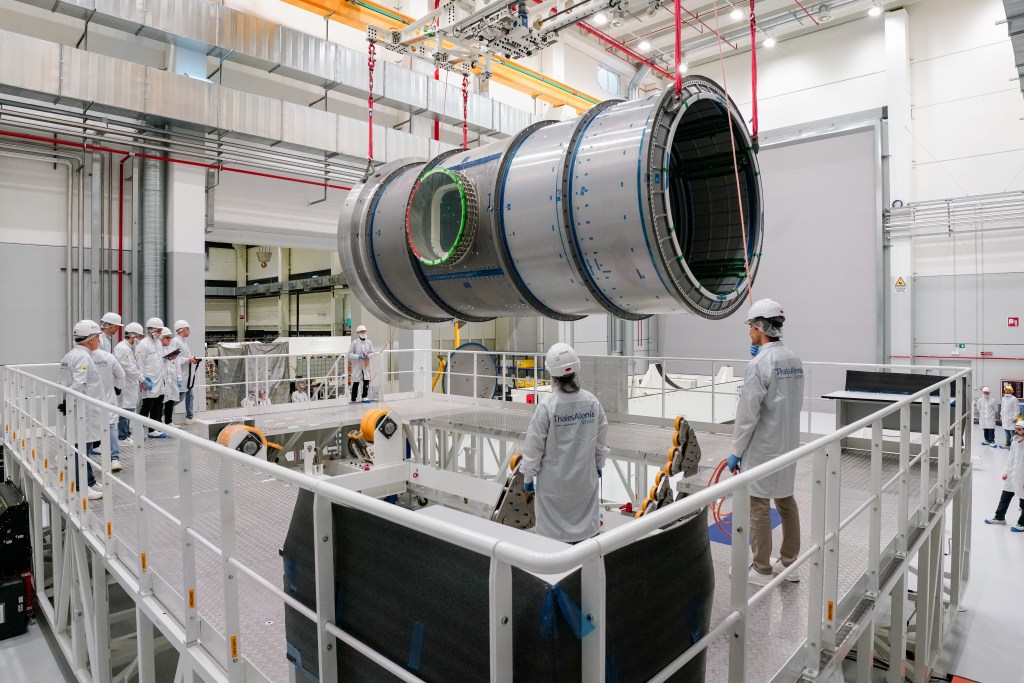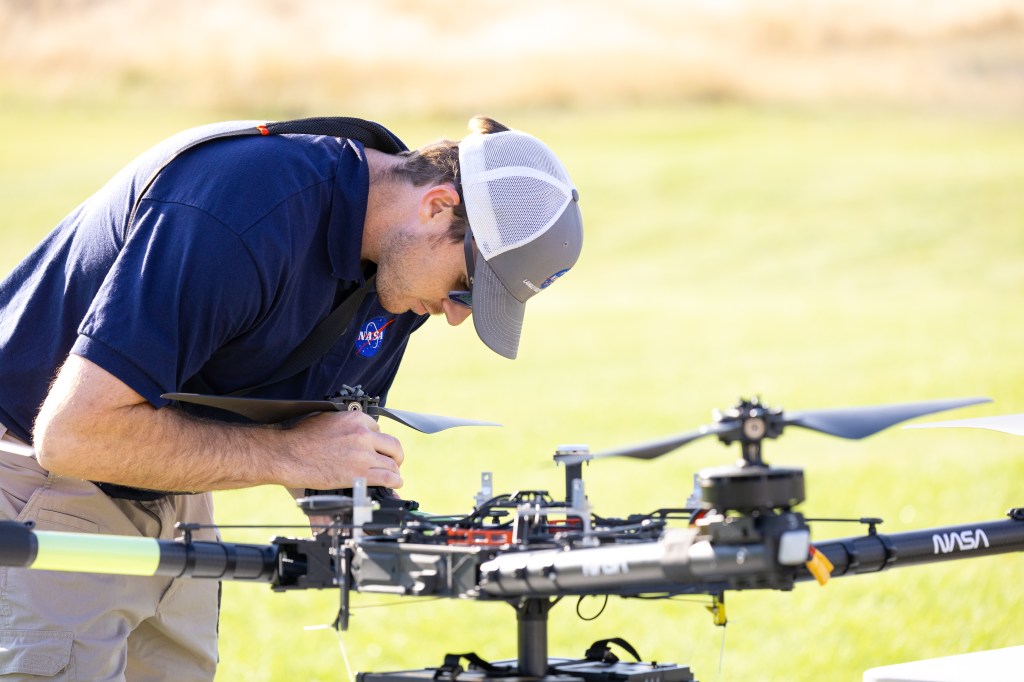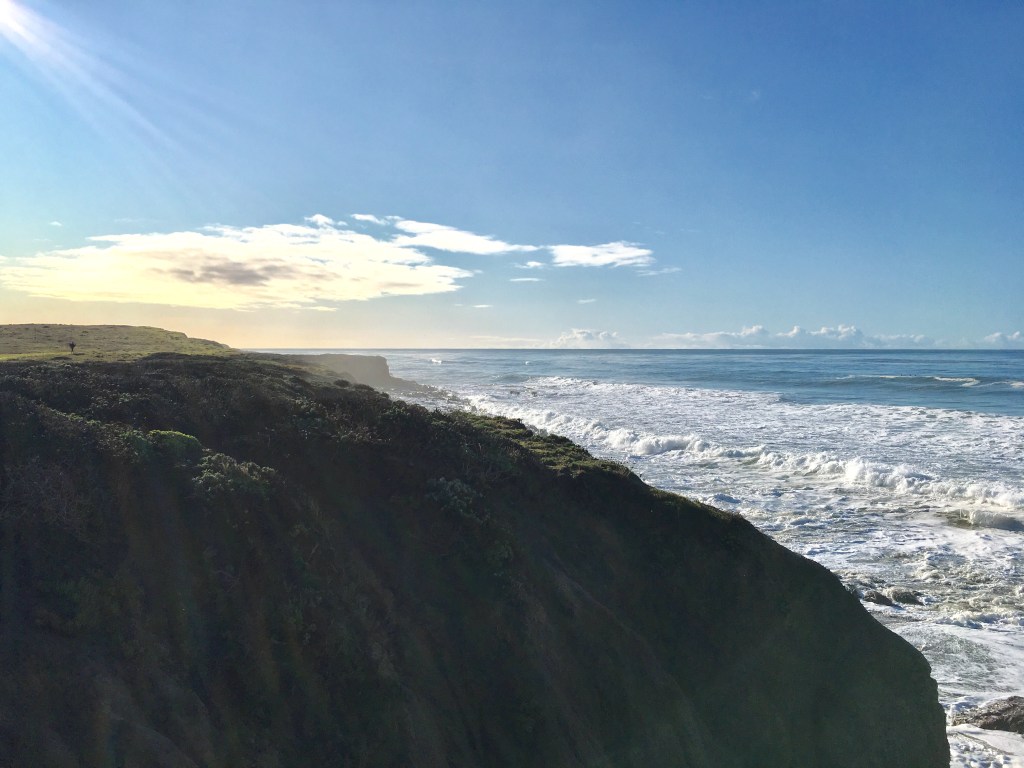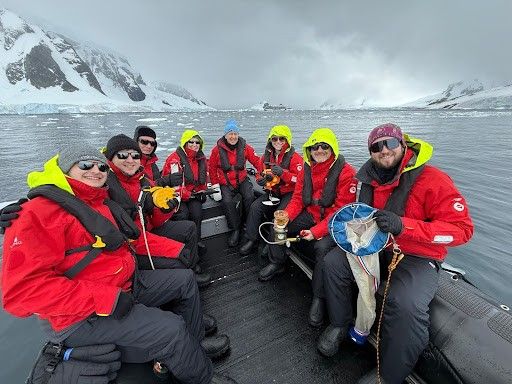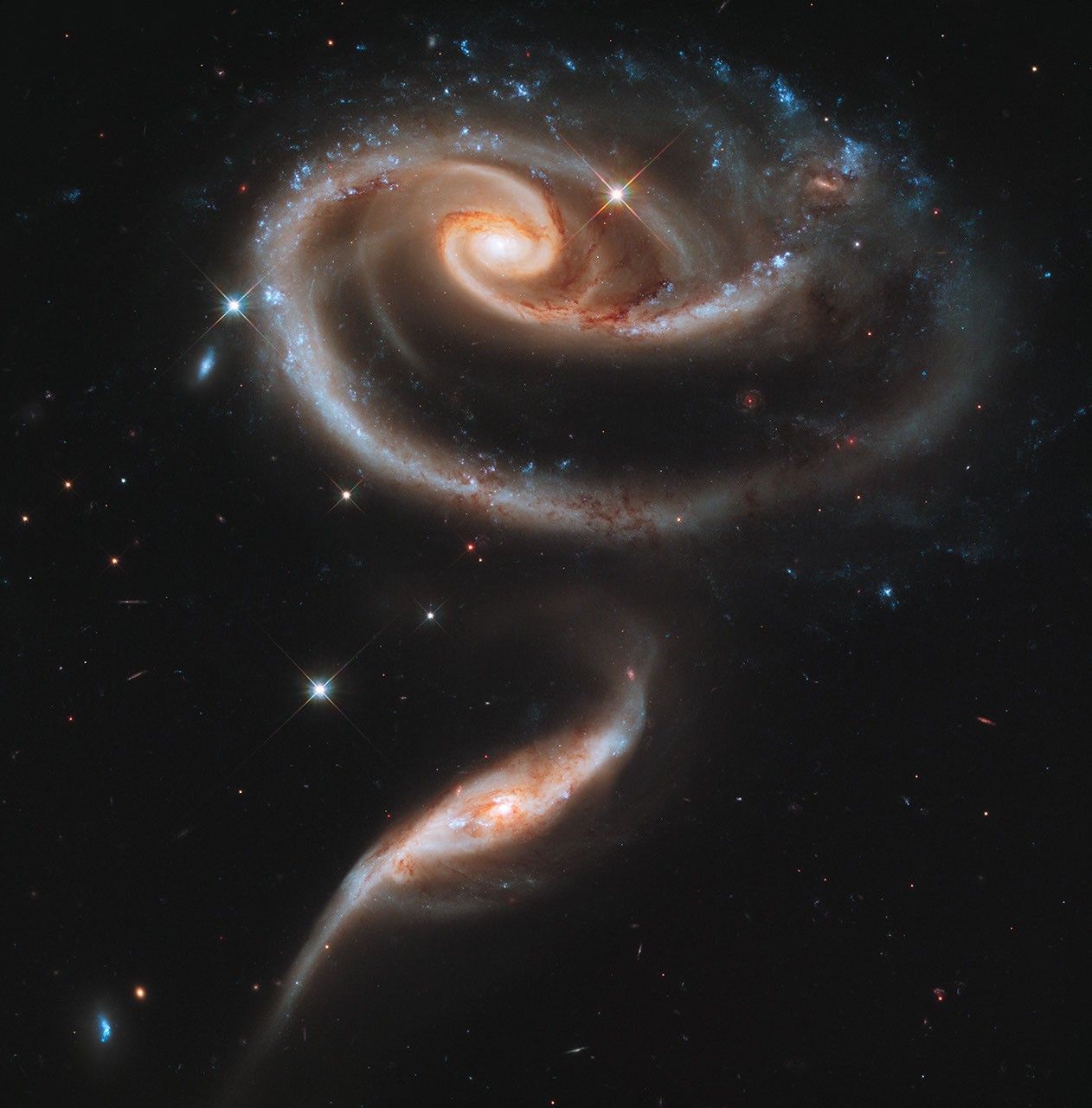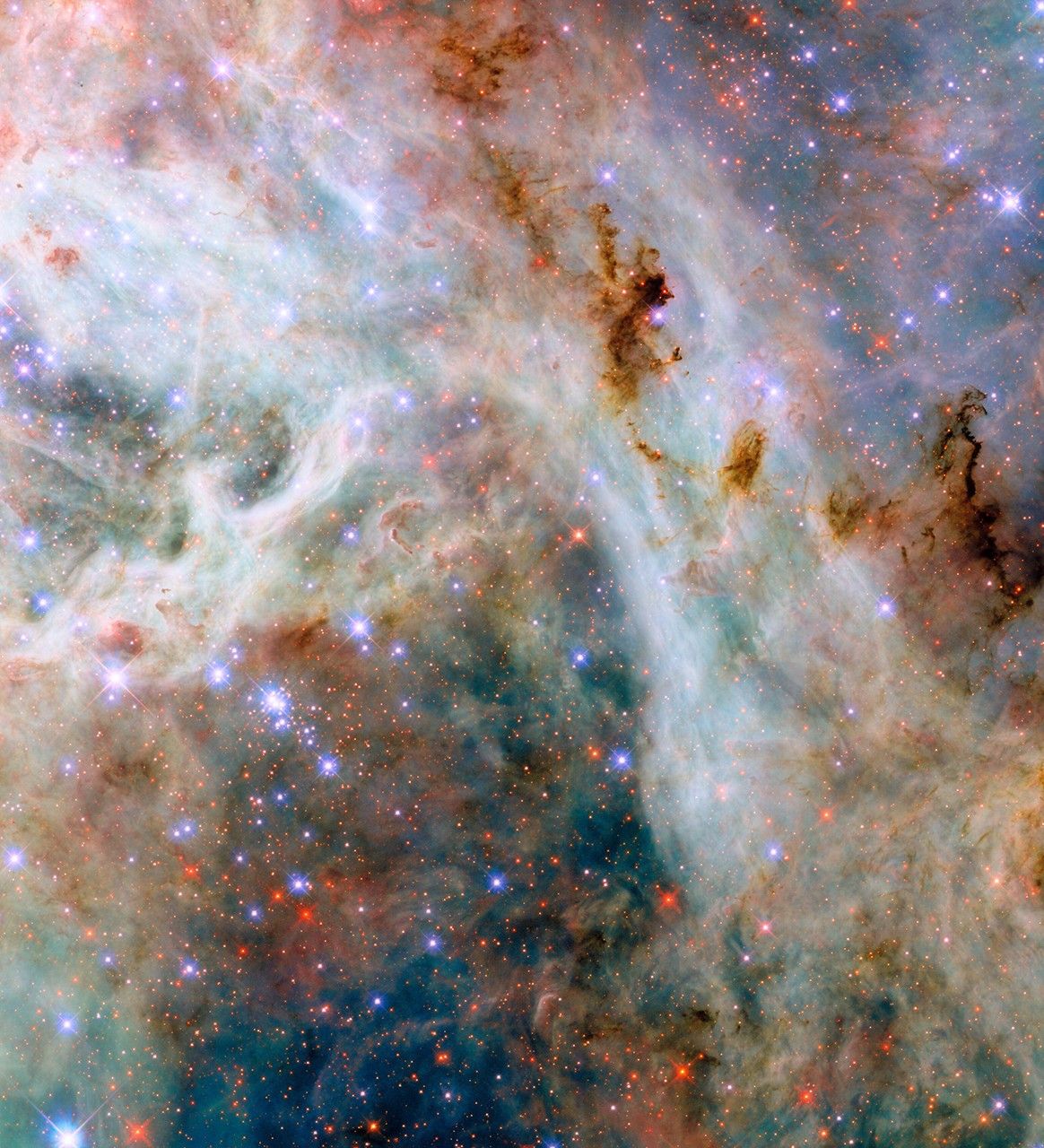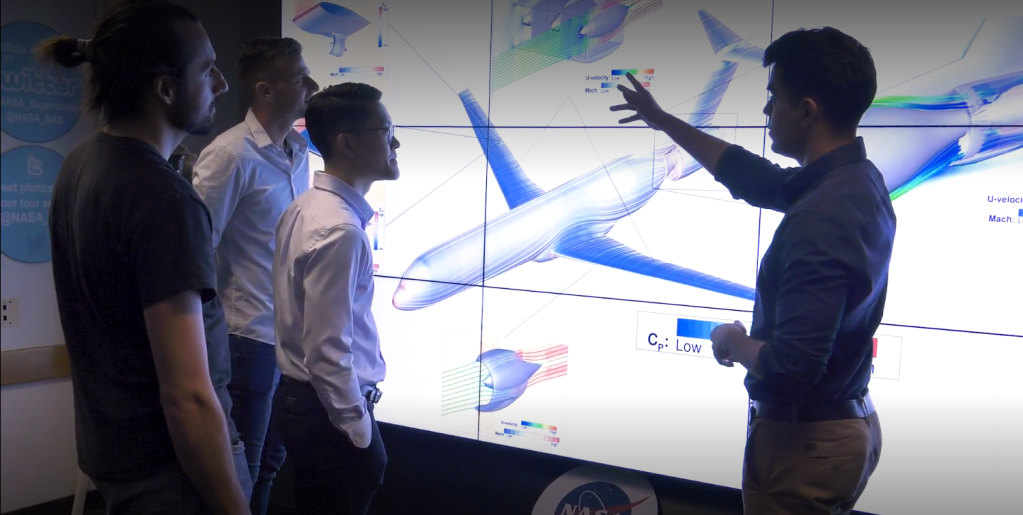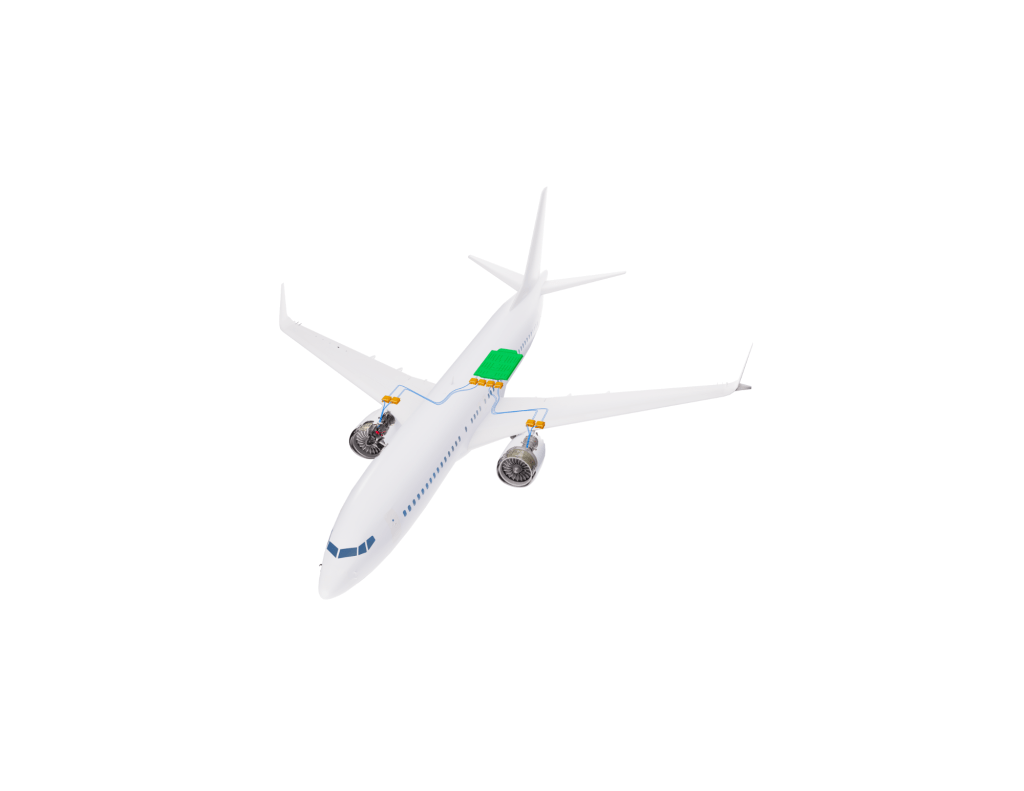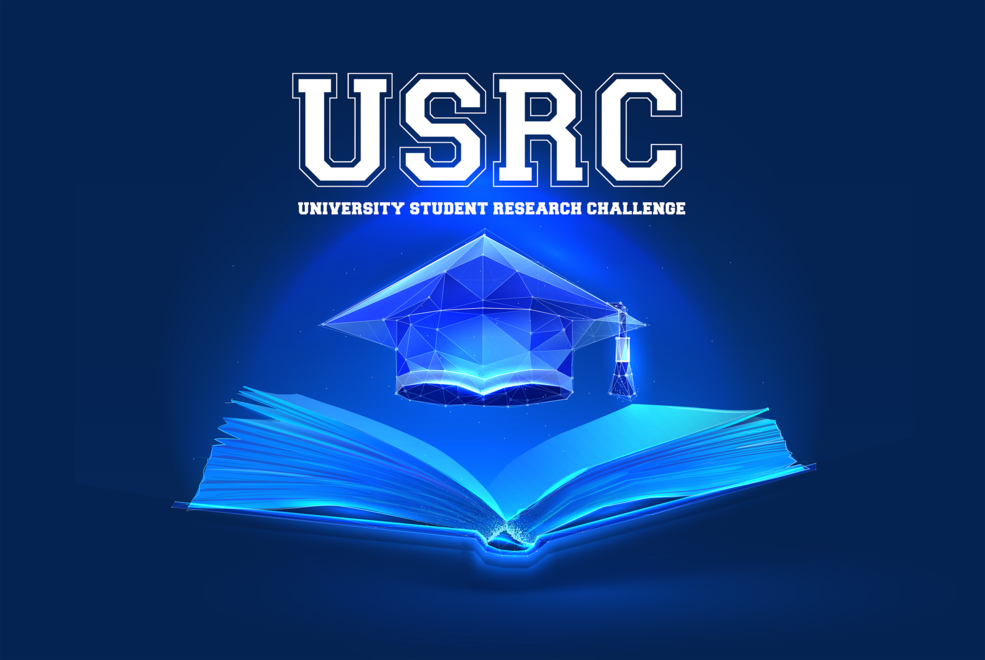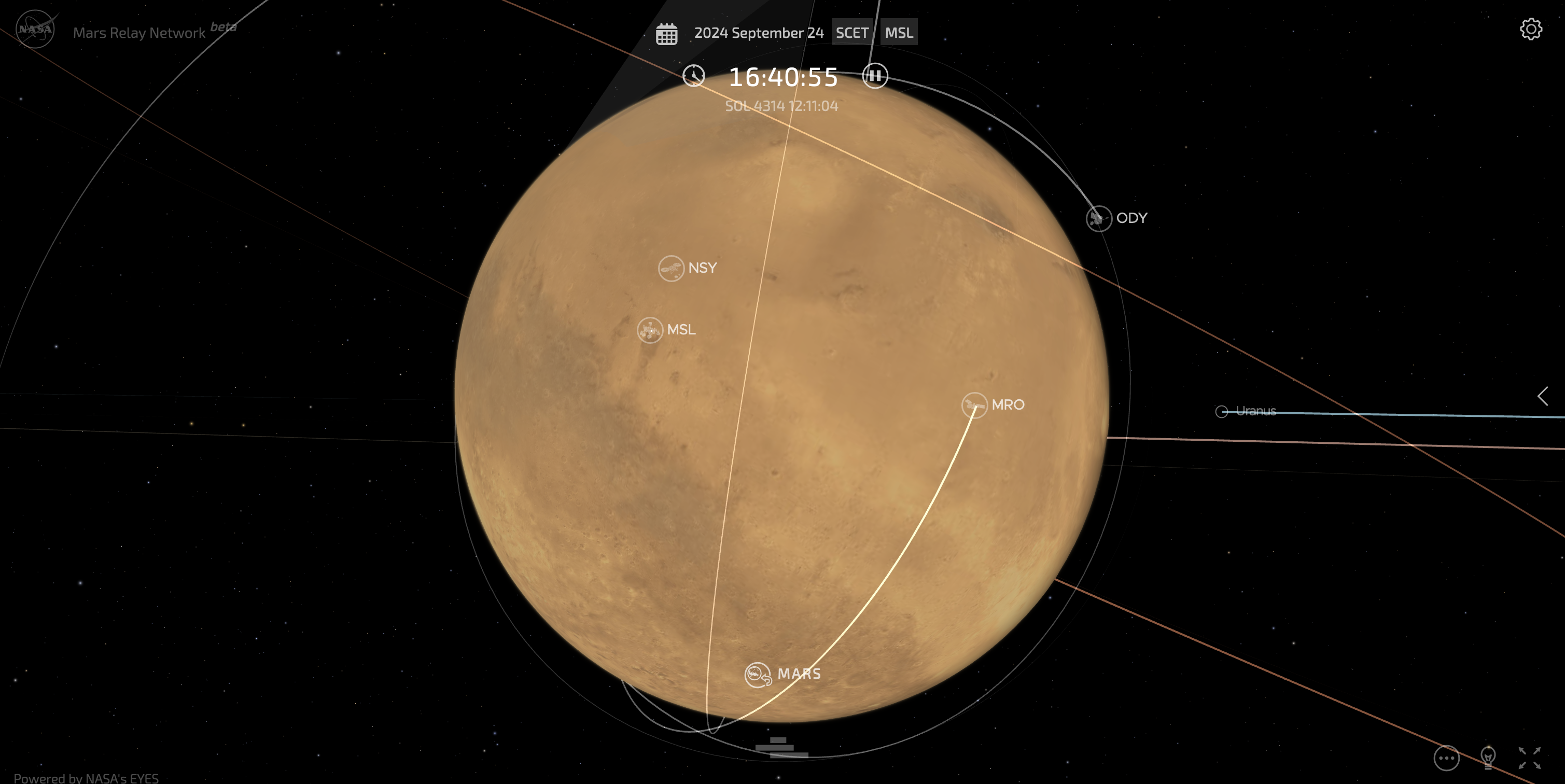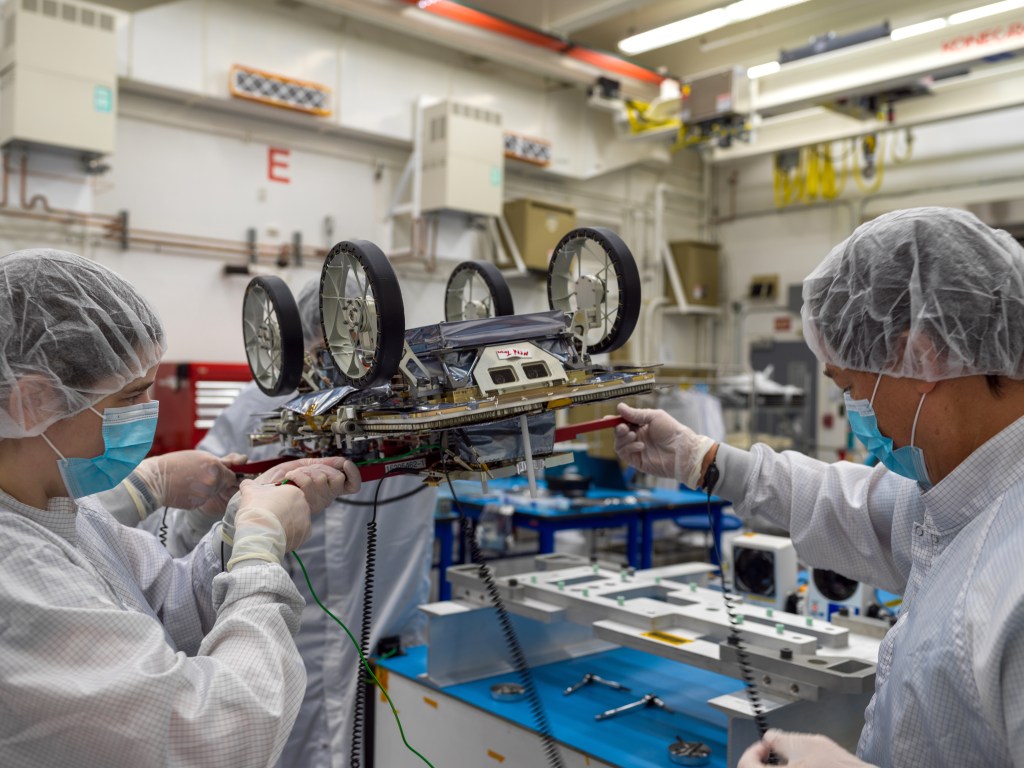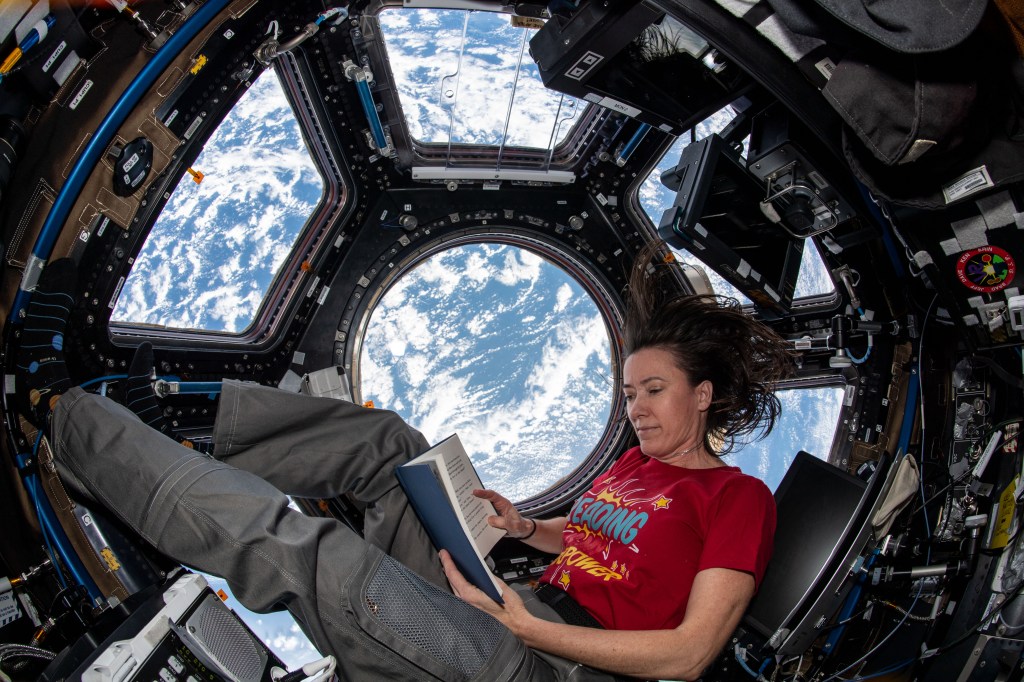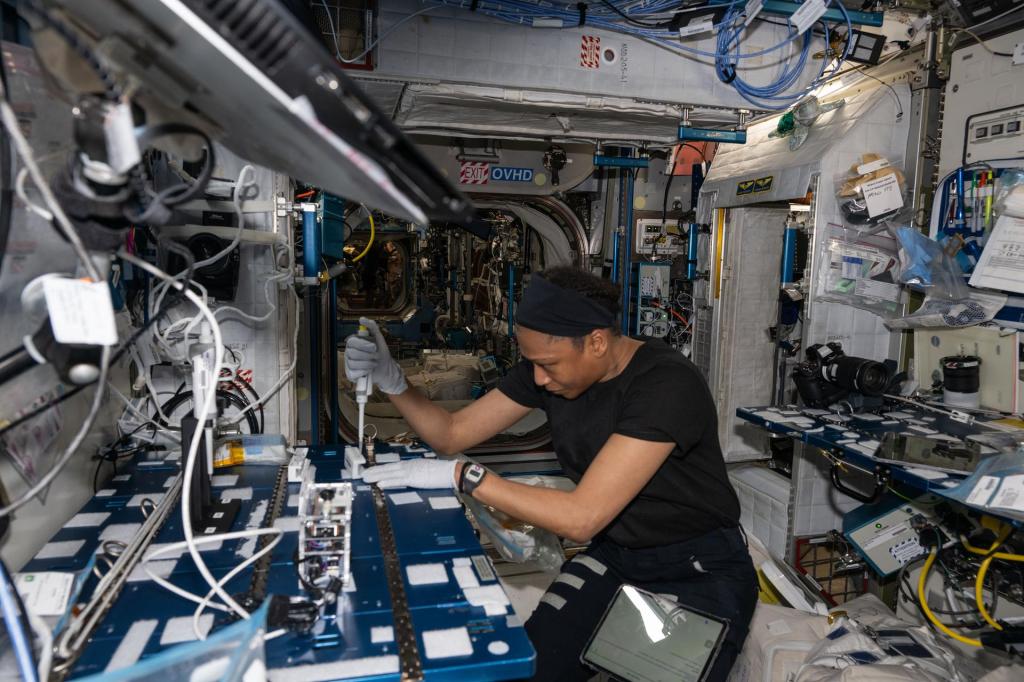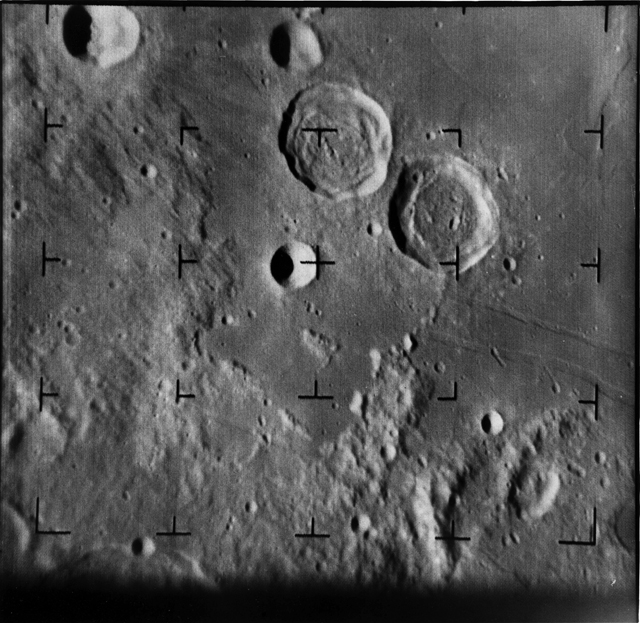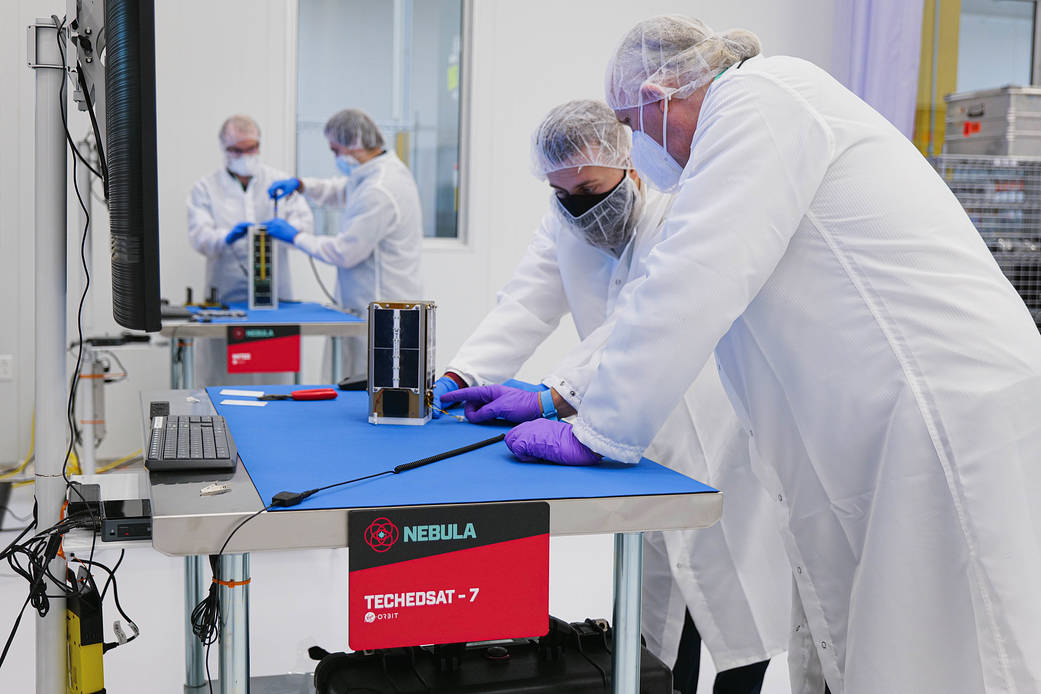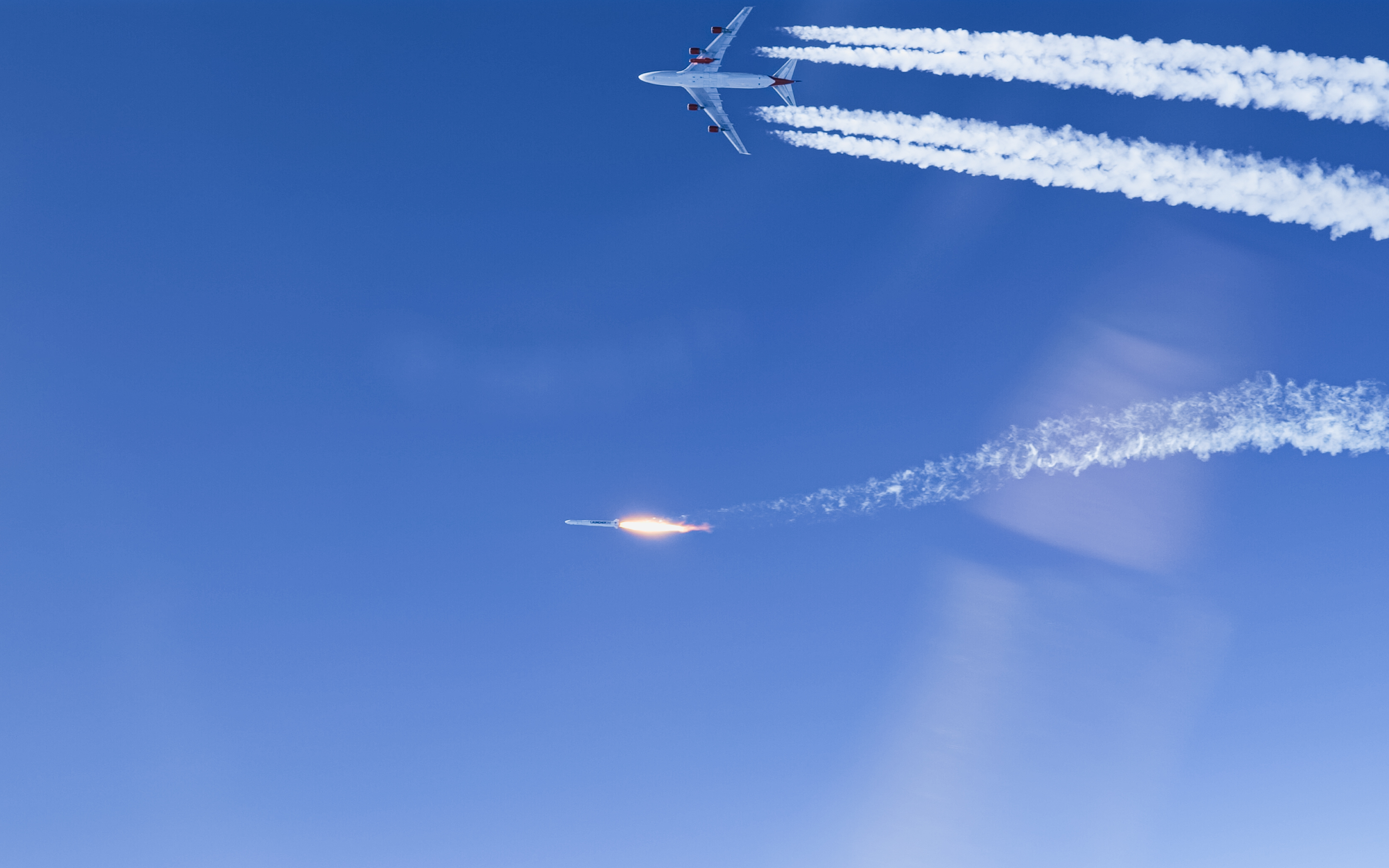On Jan. 17, 2021, TechEdSat-7 deployed into low-Earth orbit from Virgin Orbit’s LauncherOne rocket at an altitude of 310 miles – about 60 miles higher than the International Space Station’s orbit. This 2-unit CubeSat will test technologies over the mission’s approximately 12 months of spaceflight. TechEdSat-7 was one of nine CubeSat missions on Virgin Orbit’s Launch Demo 2 as part of NASA’s 20th Educational Launch of Nanosatellites mission.
TechEdSat-7 is one of a series of nanosatellite flight missions developed and managed by NASA’s Ames Research Center in California’s Silicon Valley. Each mission of the series helps to teach a new generation of researchers and engineers how to execute meaningful, rapid-flight experiments. These missions test cutting-edge technologies relevant to the overall goal of using cost-effective CubeSats to bring small payloads from orbit back to Earth or to the surface of other worlds, such as Mars.
Technologies packed into TechEdSat-7 include a novel exo-brake, a deployable device that applies drag to the spacecraft to cause deorbit. This technology could have the application of selectively acting as a space “junk hauler” by dragging debris out of orbit. A CubeSat that can rendezvous with a piece of debris and subsequently deploy a large exo-brake can more rapidly dispose of the pair by entering Earth’s atmosphere.
TechEdSat-7 also tests a new generation of electronic components, and collects data about the effectiveness of using a commercial satellite constellation as a means to more quickly command and control nanosatellites. In addition, TechEdSat-7 conducts an experiment in order to both help identify nanosatellites, and also to allow optical ground stations to practice operations for upcoming communication systems.
Students from the International Space University in Illkirch-Graffenstaden, France, San Jose State University in San Jose, California, University of Florida in Gainesville, Florida, University of Idaho in Moscow, Idaho, and Smith College in Northampton, Massachusetts, contribute to TechEdSat-7’s mission.
The TechEdSat-7 mission is supported by NASA’s Small Spacecraft Technology program and the Entry System Modeling project, both funded by NASA’s Space Technology Mission Directorate. Additional support is provided by the Engineering Directorate at Ames. TechEdSat-7’s launch was provided by NASA’s CubeSat Launch Initiative and was managed by the Launch Services Program at NASA’s Kennedy Space Center in Florida.
Small satellites, including CubeSats, provide a low-cost platform for scientific research, technology demonstrations, and educational investigations. NASA’s small satellite initiatives develop missions to observe Earth, study the Moon, and test advanced instruments like high-bandwidth laser communications and autonomous navigation. NASA also funds rideshare launch opportunities for small satellites, including student projects. With this increased access to space, students can gain hands-on experience in satellite development and operations.
Main image: NASA engineers Marcus Murbach and Hunter Kanniainen prepare TechEdSat-7 for flight at Virgin Orbit’s payload processing facility in Long Beach, California, on Oct. 12, 2020. Credits: Virgin Orbit/Greg Robinson
For news media:
Members of the news media interested in covering this topic should reach out to the NASA Ames newsroom.

